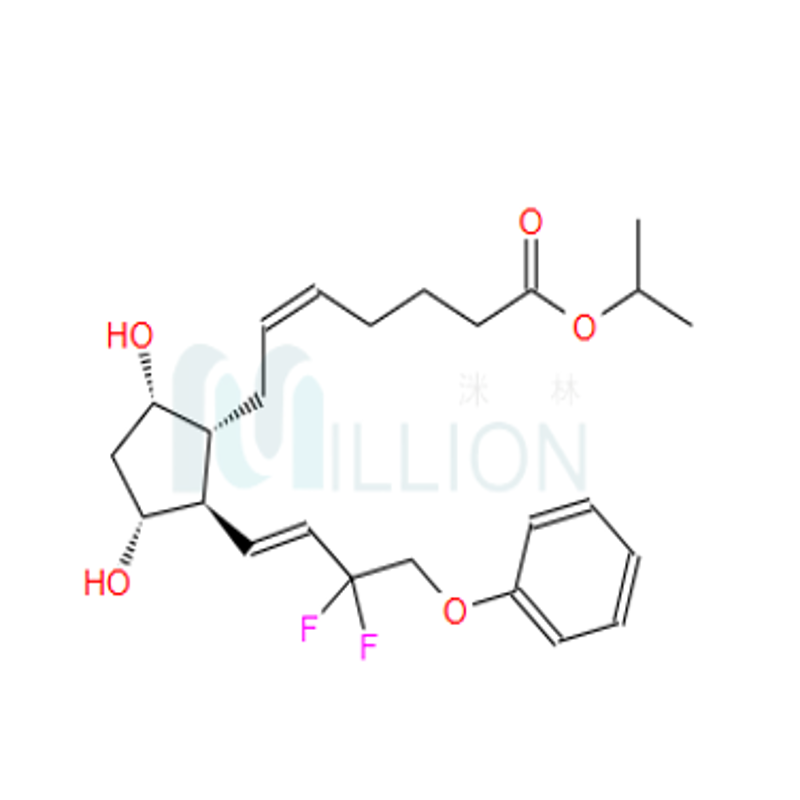-
Categories
-
Pharmaceutical Intermediates
-
Active Pharmaceutical Ingredients
-
Food Additives
- Industrial Coatings
- Agrochemicals
- Dyes and Pigments
- Surfactant
- Flavors and Fragrances
- Chemical Reagents
- Catalyst and Auxiliary
- Natural Products
- Inorganic Chemistry
-
Organic Chemistry
-
Biochemical Engineering
- Analytical Chemistry
-
Cosmetic Ingredient
- Water Treatment Chemical
-
Pharmaceutical Intermediates
Promotion
ECHEMI Mall
Wholesale
Weekly Price
Exhibition
News
-
Trade Service
Daily food intake is the key to maintaining health and determining endo-fuels for endurance exercise.
study, published online online in Mediators Inflamm, looked at the relationship between daily intake of macro and micronutrients and inflammation caused by long-range exercise.
study included 44 Brazilian male amateur marathon finishers between the ages of 30 and 55.
blood samples from the first day of the Sao Paulo International Marathon, immediately after the race, one day after the race and three days after the race.
measure serum levels of IL-6, IL-1 beta, IL-10, IL-8, IL-12p70, and TNF-α to assess inflammation.
dietary intake used a forward-looking approach to measuring food records three times in the week before the marathon.
results showed that the marathon promoted the IL-6, IL-8, IL-1-β and IL-10 in the participants immediately after the race.
energy intake (EI), carbohydrate, cellulose, folic acid, vitamin E, vitamin D, calcium, magnesium and potassium intake is below the recommended level. Immediately after the
marathon, a negative correlation was observed between IL-8 and daily EI, carbohydrate, fiber, fat, iron, calcium, potassium, and sodium intake, with higher levels of IL-8 for runners with carbohydrate intake of 5 grams/kg than for runners with daily carbohydrate intake of 5 g/kg.
showed a positive correlation between daily carbohydrate intake and IL-10, and a negative correlation between TNF-α and recommended energy intake percentage, carbohydrate and cellulose intake.
, there are enough EI runners to have lower levels of IL-1 beta and TNF-α immediately after the race.
, the results suggest that nutritional strategies to promote a balanced diet for amateur runners appear to be as important as the immune nutrition market.
daily food intake, mainly EI, electrolyte and carbohydrate intake, may regulate the exacerbation of inflammation after endurance exercise.
.







